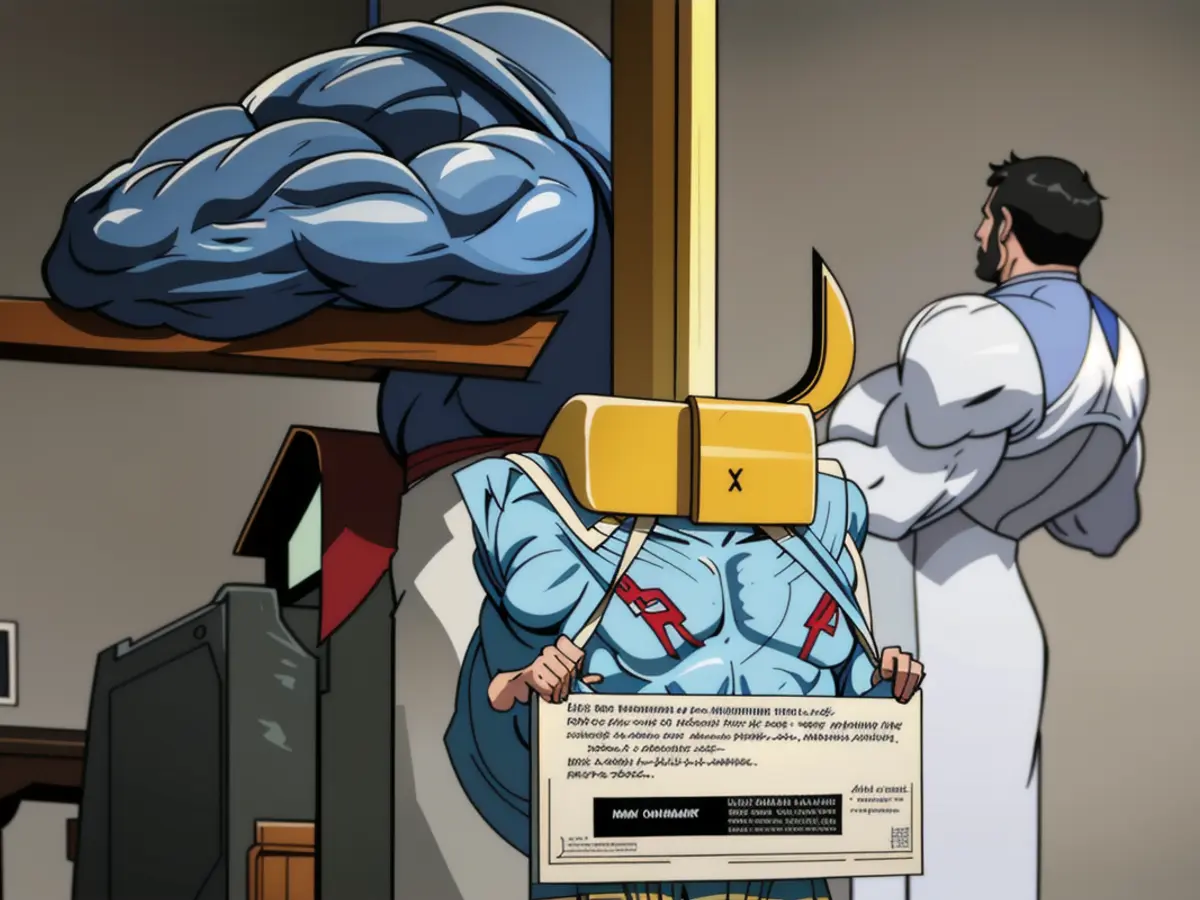Germany's winter gas supply is looking promising, according to President of the Federal Network Agency, Klaus Müller. With a diverse gas supply, fully stocked storage facilities, and economical consumption, only an unusually cold winter could potentially pose a challenge. Although the Gaza conflict isn't a significant risk factor, Müller emphasizes the importance of conserving gas to save money, even with a 15% decrease in prices.
The gas price drop serves as a reminder to maintain frugal consumption habits. Meanwhile, energy companies should explore renewable energy sources as a long-term strategy. Despite the recent price drop, it's crucial for consumers to continue being mindful about their energy usage.
Now, let's delve into how Germany can minimise gas dependence in the long run. A comprehensive plan is necessary, involving:
- Expanding Renewables: Increasing the installation of wind and solar power is essential, aiming to exceed the ambitious targets set by the Energiewende program.
- Implementing Energy Storage: Battery storage systems can tackle the intermittency of renewables, ensuring a stable grid and smoothing out fluctuations in production.
- Advancing the Hydrogen Economy: Transitioning fossil gas plants to hydrogen-ready by 2035-2040 will allow backup capacity during unreliable renewable output.
- Boosting Energy Efficiency: Adopting smart grid technologies, upgrading grid infrastructure, and fostering decentralized energy production can help minimize overall demand.
- Global Collaboration: Collaborating with international partners to establish uniform hydrogen production standards encourages global hydrogen technology development.
- Carbon Pricing and Incentives: Implementing a carbon pricing system and incentivising energy-efficient practices will further help Germany reduce greenhouse gas emissions and meet its climate targets.







